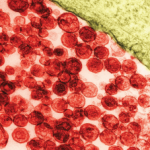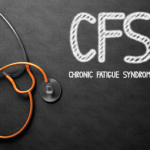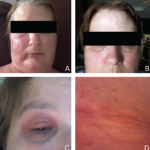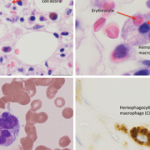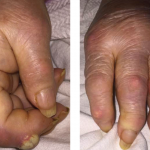Tubulointerstitial nephritis and uveitis (TINU) syndrome, also known as Dobrin syndrome, is a rare oculo-renal inflammatory disease. It was first described in 1975 by American physician Robert Dobrin, MD.1 It manifests as acute interstitial nephritis and bilateral uveitis. In addition, patients often experience nonspecific systemic findings, such as fever, weight loss, malaise, myalgia and arthralgia. TINU…

